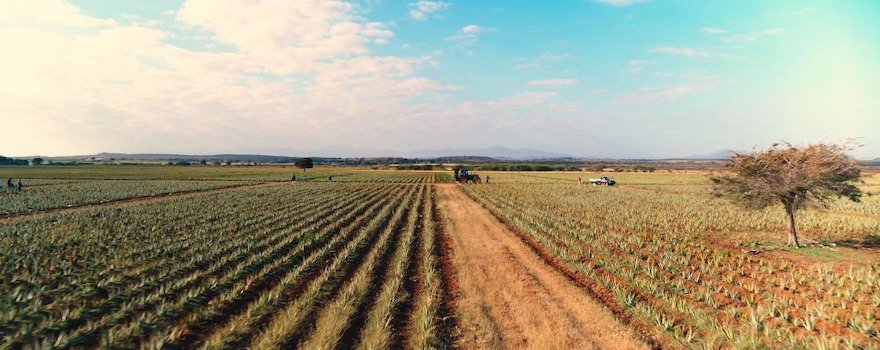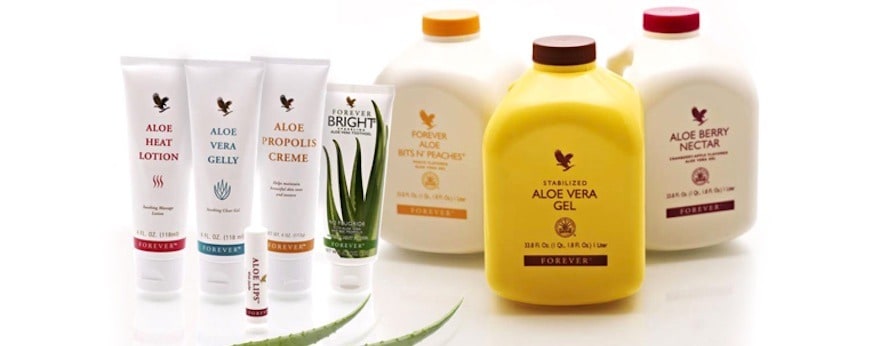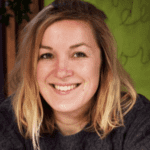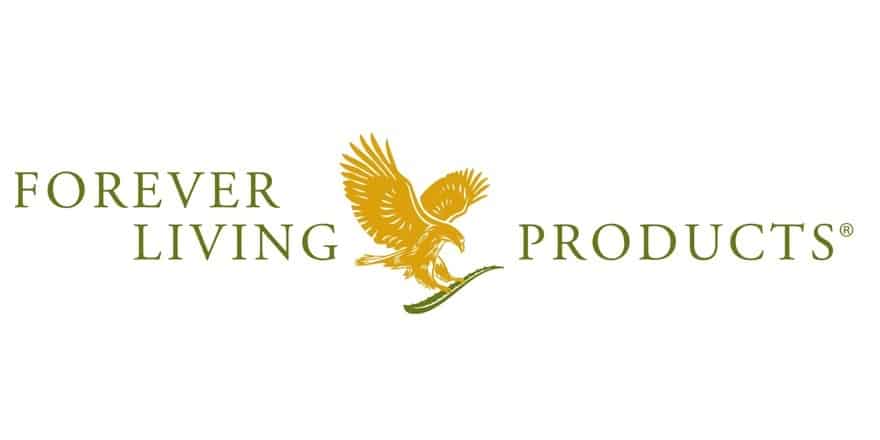The History of Forever Living
Looking Back at the Journey of Founder, Rex Maughan
Forever Living Products is one of the largest producers of aloe vera in the world. This company is also the story of one man, Rex Maughan.
Missionary on the Samoan Island in the South Pacific, Vice President of the Del Webb Corporation and a Doctor of Humane Letters from the University of Arizona, Rex Maughan is also known for his 40 years of leadership based on cooperative management.
CEO of the Forever Group, which has branches in real estate, livestock, direct sales, agriculture, and non-profit sectors, he is also currently the Chairman and CEO of Forever Living Products.
The Creation and Evolution of the Company
Rex Maughan combines health, with the marketing of aloe vera and wellness products, and the financial freedom of his collaborators through innovative sales processes worldwide.
It all started in 1978. Rex Maughan invited about thirty people in Arizona to present his new project, Forever Living Products. He then proposed to this group of individuals to become partners, sales collaborators to spread his new wellness solutions.
A year later, Forever Living Products reached 1 million dollars in sales with only 3 products.
In 1994, a branch of Forever Living Products France was created and is currently led by Philippe Decottignies. It now has 35 employees and more than 40,000 independent distributor collaborators.
Forever Living Products France also includes the Overseas Departments: Martinique, Guadeloupe, Réunion Island, French Guiana.
Finally, a new Moroccan subsidiary of Forever Living Products also appeared in 2006.
The Standing of Forever Living in the Aloe Vera Market
Known for its therapeutic properties and benefits for the body (skin, hair…) and the immune system, aloe vera is now present in pharmaceutical, cosmetic, food, and beverage industries.
According to a study conducted in 2016 – 2017 by the Imarc Group, on forecasts and market trends of aloe vera in the global industry, this product today represents US$ 465 million.
According to the newspaper La Vie économique, the global consumption of aloe vera is 60,720 tons per year, or 1.92 kg per second.
This same study indicates that Forever Living Products markets more than 10 million liters of aloe pulp per year.
In 2018, Forever Living Products owns the largest aloe vera plantations in Texas, Mexico, and the Dominican Republic, with nearly 2.5 billion dollars in annual revenues and products available in over 165 countries worldwide.

Network Marketing
One of the specificities of this company is its economic model. Indeed, Rex Maughan developed his empire around network marketing by entrusting product marketing to independent sellers.
They distribute the products person-to-person during home sales meetings or face-to-face. The remuneration of these distributors then comes from commissions earned on sales and the animation of their network.
The Products of Forever Living
Aloe Vera and Hive Products
The signature product of Forever Living is Forever Aloe Vera Gel. A drink composed of 99.7% aloe vera and sold, for example, at Forever Living Products France for €32.5 per liter.
Other juices similar to this, also composed of aloe vera, are sold by the brand. There are beverages to consume daily such as Aloe Berry Nectar or Forever Aloe Peaches.
The brand also offers aloe vera-based products for the face, body, hair… From body soap to nourishing cream, to aloe vera-based toothpaste, Forever Living specializes in everyday wellness products.

The second flagship products of the brand are those from the hive, mainly honey-based. There are then dietary supplements with royal jelly to consume daily. Count €42 for 60 tablets to consume 1 to 2 times a day.
Organic Labeling and Controversies
The European organic logo is applied to pre-packaged food products of European origin, and this certification is only valid in France and other EU member countries.
Since Forever products are grown in the Dominican Republic, Texas, and Mexico and are marketed worldwide, they cannot be labeled Ecocert or AB.
Furthermore, organic certification only guarantees that the plants are grown without fertilizers or pesticides and that the area where they are grown is not contaminated by neighboring areas.
In the case of aloe vera, this label cannot guarantee that the plant is properly harvested at maturity, that it contains the expected nutrients, and that it has not been degraded during transport, by its packaging, or its preservation methods.
Forever Living products, on the other hand, benefit from the international IASC label.
This certifies that aloe vera gel is the first component of the product, that it must not have undergone oxidation or transformation, that it must be cold stabilized, extracted at maturity… All criteria that guarantee the quality associated with an aloe vera product.
This label awarded to Forever Living products is, however, controversial. Some portray the IASC as a gathering of companies cultivating or processing aloe vera with a more financial than ecological vision.
Rex Maughan, founder of Forever Living Products, is also indicated as an honorary member of the IASC on the label’s official website.



